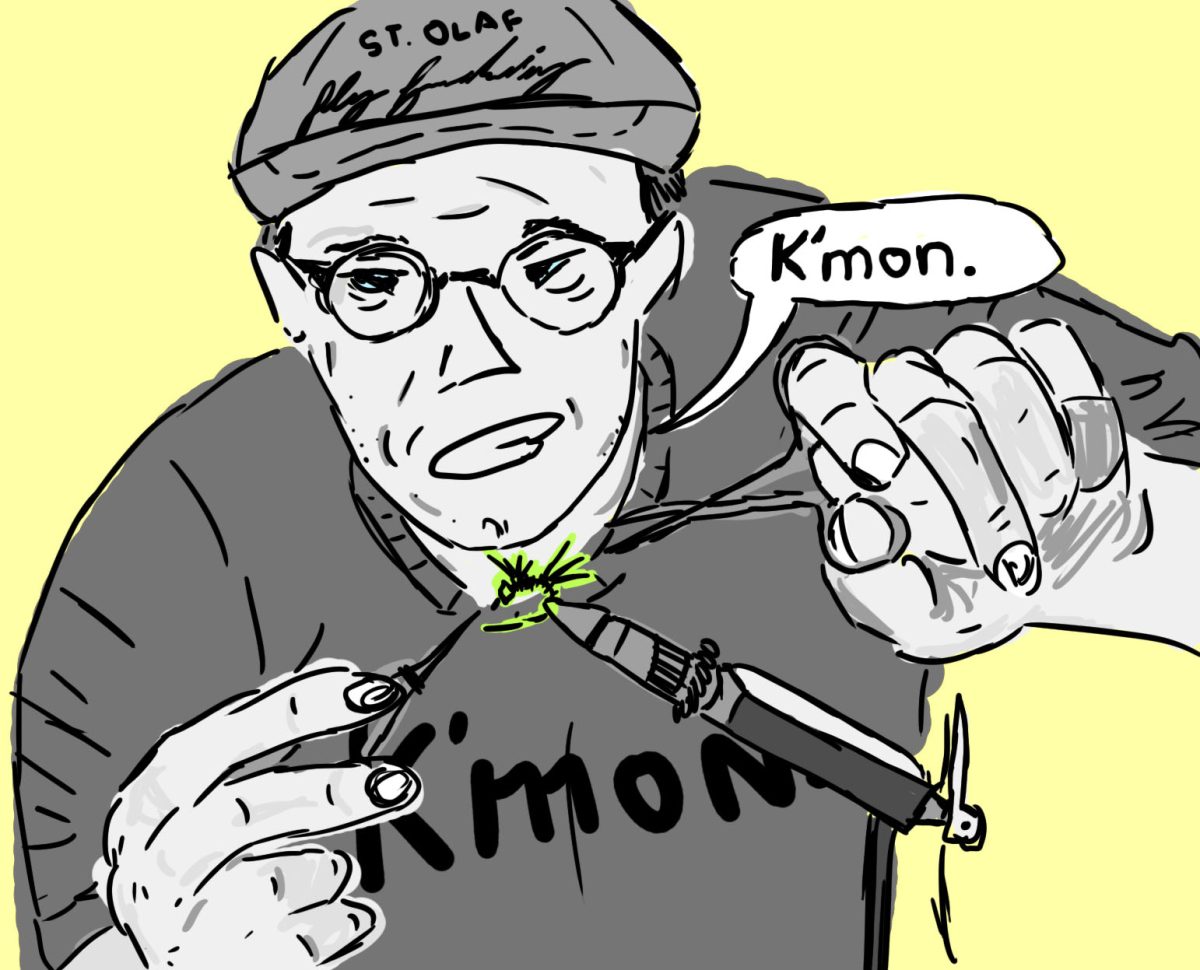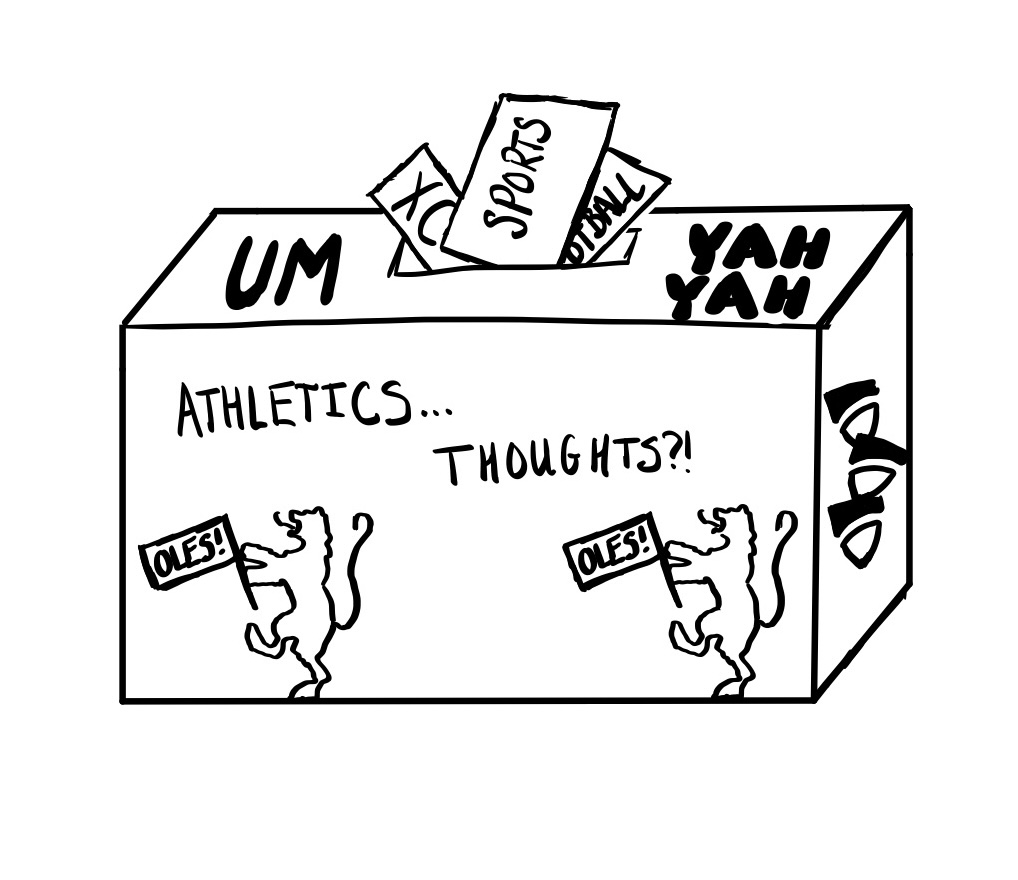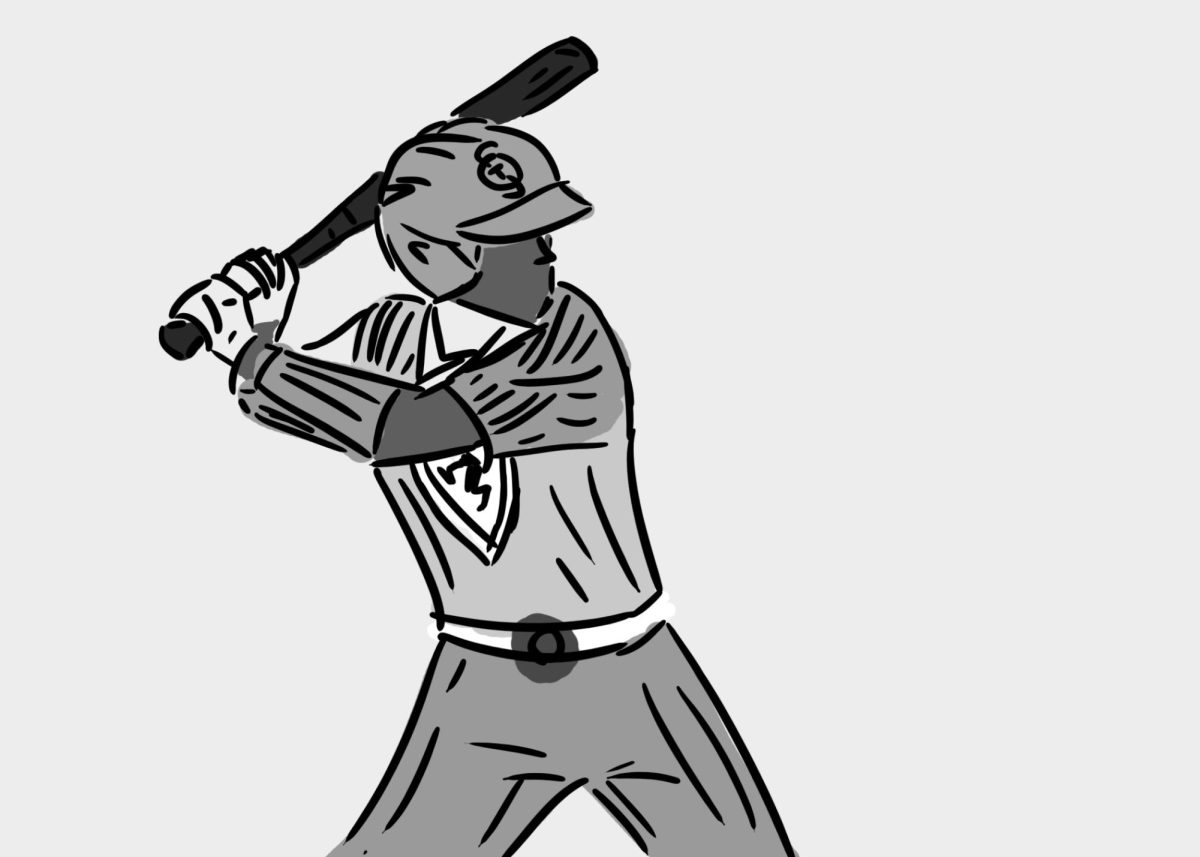Even though baseball has been hailed as “The Great American Pastime,” the same title has been more or less applied to the game of football. With so many American families united by their love of football, it is not altogether surprising that many would do anything to protect the players, even if that means breaking the law.
This statement might sound absurd – even suggesting that people would go as far as bending the law for their teammates – yet it appears that it is precisely the pattern that has been going on in Florida. According to the New York Times, on Oct. 5, 2014, a starting cornerback at Florida State University FSU football team drove his car into the path of an oncoming vehicle driven by a teenager returning home from his job. Both cars were totaled, but rather than remain at the scene as the law requires, the football player, P. J. Williams, left his wrecked vehicle in the street and fled into the darkness. He was joined by his two passengers, including Ronald Darby, the team’s other starting cornerback.
So what consequences did the player face? According to the Times’ investigation, Williams was given a break by the local cops, who reduced what should have been a criminal charge to two traffic violations. The police said they didn’t charge Williams with a hit and run because he returned to the scene 20 minutes after the accident. Yet, the Times found that many others who returned to the scene of less serious accidents had been charged with hit-and-run violations.
It is not the first time that rules have been bent for students, due to their status as athletes. In 1986, administrators at the University of Georgia changed grades so that student athletes in remedial academic courses could remain eligible to compete. Several instructors filed a lawsuit, knowing one of the student athletes flunking their classes had his grades changed and was allowed to remain in the course because he had scored a winning touchdown against the cross-state rival Georgia Tech.
The question that remains now is: is it worth going on? CNN reported that, in her career as a learning specialist, Mary Willingham, of the University of North Carolina, has encountered student athletes with various deficiencies. Some could not read or write completely. Willingham’s further research into the reading levels of 183 UNC-Chapel Hill athletes who played football or basketball from 2004 to 2012 revealed another startling reality. She found that 60 percent read between fourth- and eighth-grade levels. Between 8 percent and 10 percent read below a third-grade level.
It is absolutely astonishing that the university would turn a blind eye and even bend the law in order for athletes to continue to play. And just like people who purposefully turns their eyes elsewhere when they see a beggar in the city street asking for change, the American families and non-athlete students close their eyes and hearts to the fact that many of these student athletes could not read better than a junior high school student. We can tolerate their criminal behaviors, as long as they still score that touchdown for us on a weekend game.
Samuel L. Jackson’s character, Coach Ken Carter of the Richmond High School Basketball Team says it well:
“You really need to consider the message you’re sending these boys… It’s the same message that we as a culture send to our professional athletes; and that is that they are above the law. If these boys cannot honor the simple rules of a basketball contract, how long do you think it will be before they’re out there breaking the law?”
Graphics Credit: ETHAN BOOTE/MANITOU MESSENGER



